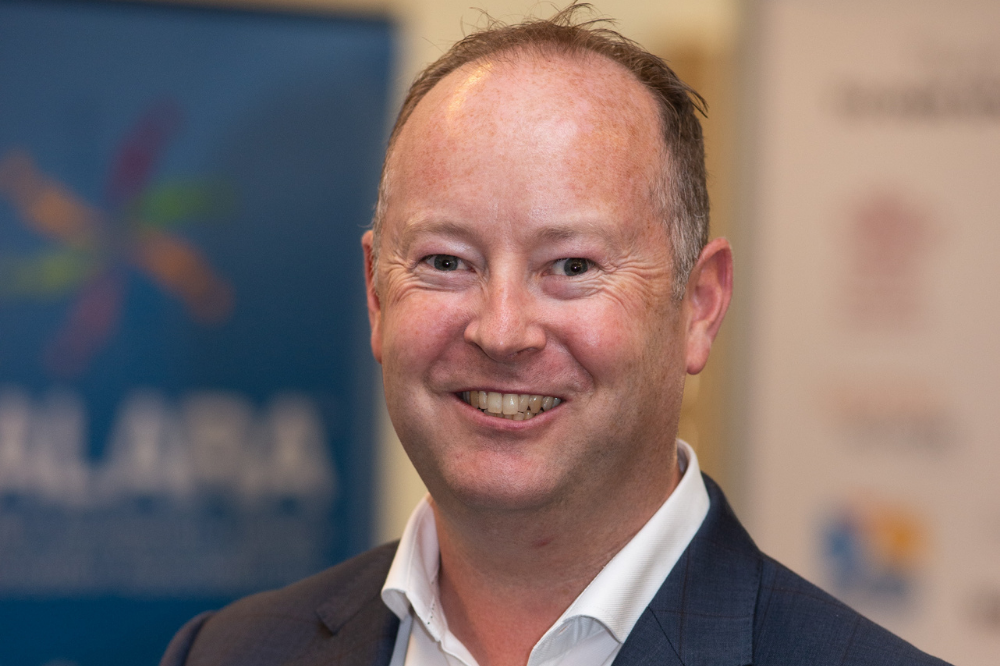Weekend show stopper fights insurance crisis

McGrath said market failure has left amusement industry operators struggling to get insurance coverage for two years. When they can get coverage, he said, premiums can go up by 300% and 400% increases. Many smaller operators, he said, are unable to get any coverage at all.
“We’ve got one insurer in the market at the moment, a company called Aviva. They operate out of the UK and their coverage is provided by Coversure,” he said.
Aviva is a British multinational insurance company headquartered in London. Coversure is a specialist Australian underwriting agency.
Read more: DMF: Is this the only hope of saving Aussie recreation as we know it?
The Insurance Council of Australia (ICA) has acknowledged this crisis. Since September last year, former NIBA CEO Dallas Booth has chaired a Business Advisory Council that’s due to put recommendations to the ICA about how to ease insurance affordability and availability.
McGrath said AALARA tried taking its issue directly to the federal government.
“We sat down with the Morrison government in February/March last year and described our situation to Minister Sukkar [the Assistant Treasurer]. At their encouragement we went away and developed a feasibility study,” he said.
AALARA invested $50,000 of members’ funds in the study and came to the view that a discretionary mutual fund [DMF] was a solution for their industry.
The government asked the Australian Small Business and Family Enterprise Ombudsman (ASBFEO) to review the work. Ombudsman Bruce Billson agreed and in his own report, released in December, endorsed the establishment of a DMF as the only workable solution for the coverage needs of the sector.
“The clear and present danger is real. To put it into perspective, the sector employs over 7,000 people and contributes $1.84 billion to the economy in total,” said Billson.
AALARA was hoping for an announcement supporting the DMF in the recent federal budget.
“When it wasn’t we were obviously in communication with the government. We got an answer of ‘no’, it’s not something that they would support at this point in time,” said McGrath.
AALARA is still trying to get their DMF off the ground.
“We’ve jumped through every hoop, we’ve done our due diligence, we worked with Aon who operate 1,300 of these self-insurance vehicles worldwide. The model works in Australia where local councils operate under a DMF and major restaurant groups. In the UK, the leisure industry operates its own DMF,” said McGrath.
Read more: Inability to obtain insurance forcing ride operators to close shop
The idea, he said, is to allow his industry to ride out the hard insurance cycle.
“We’re calling for bipartisan support for a $5 million grant to kick the DMF off and to ensure that it’s got an appropriate premium pool to be able to operate efficiently as we bring members into the fund,” he said.
McGrath said the industry would pay back that money once the DMF was running effectively.
“Our tagline is we employ tens of thousands, we entertain millions and we mean so much to so many people,” he said. “We’ve jumped through all the hoops. We feel like we’ve been taken for a ride so to speak,” said McGrath.
In its report, ASBFEO provided recommendations on how a DMF should be established and operated to meet best practice.
“We’ve also identified that it won’t work unless states, territories, local governments and private landholders recognise and accept a DMF as suitable as a risk management, risk response tool in the absence of insurance,” said Billson.
Insurance Business has interviewed HIB Insurance Brokers for their view on the insurance challenges facing the amusement industry. HIB Insurance works with Coversure and offers coverage to amusement ride operators. That interview will be published in the coming days.





